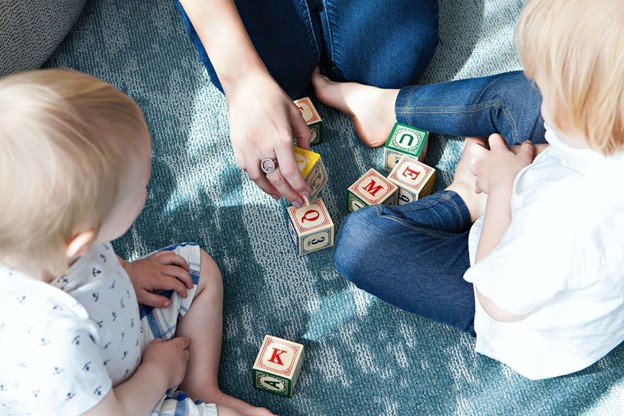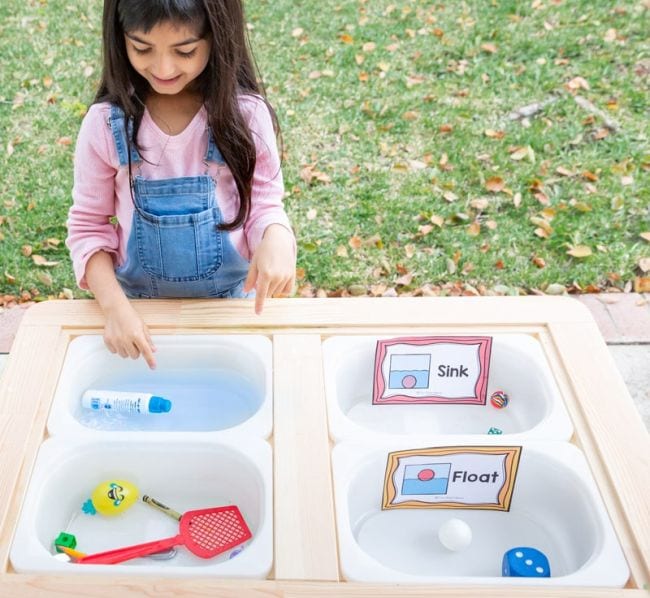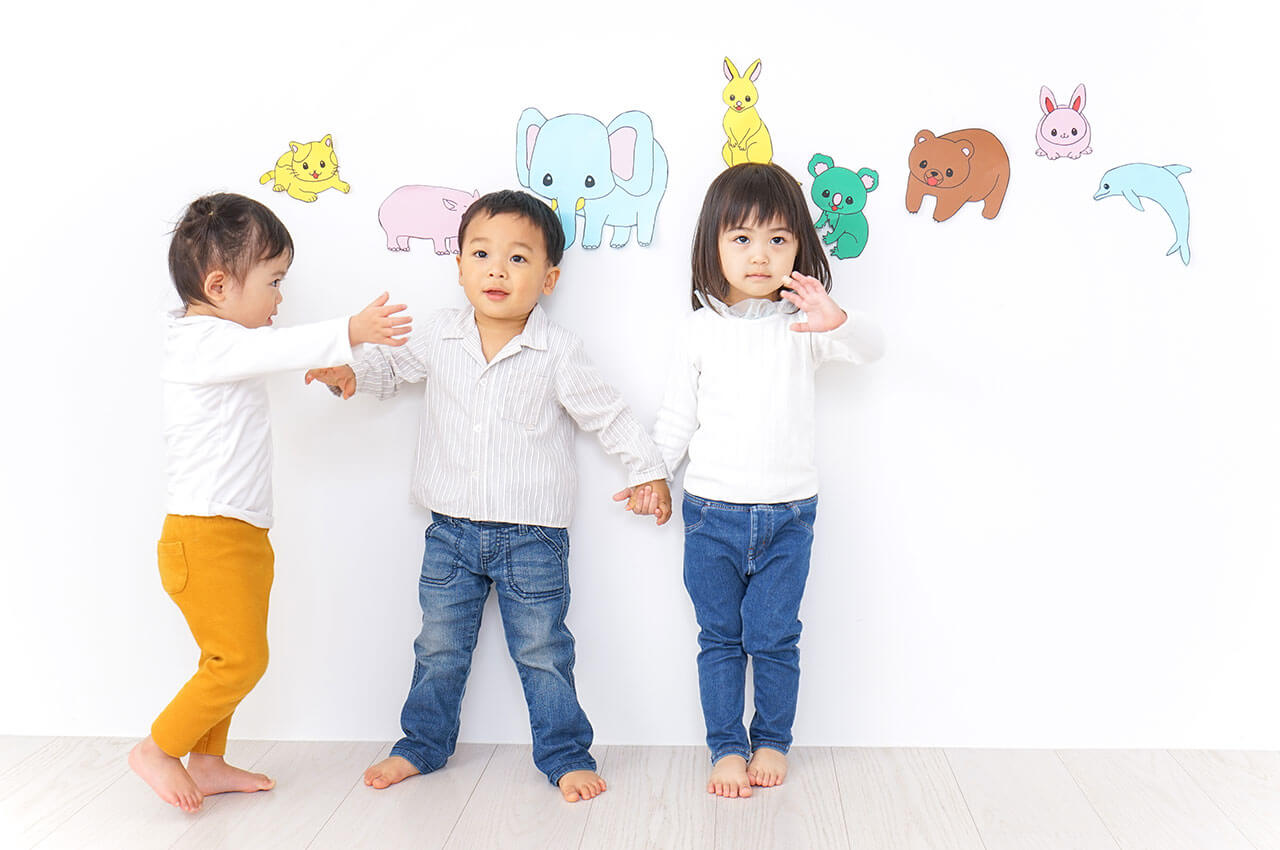
Kindergarten education is not mandatory in Singapore but they are highly encouraged in order to provide young children with as much education as possible.
While the curriculum may differ for each school, a kindergarten will definitely provide a great learning platform. Students should have learned language and communication skills, cultivate healthy habits and develop motor skills in accordance with their age.
If you are unsure of what kindergartens’ curriculum covers, we will go into details in this article!
Subject Areas
1) Mathematical Skills

Numerical literacy is probably one of the most common, and for some parents and students alike, the hardest part of school. Most kindergartens begin by teaching the very basics – counting, recognizing, writing, and ordering numbers from 1 to 50.
Time is another skill that is usually taught to kids, and while they may not fully grasp the concept, they should be able to identify the time to the closest hour and corresponding activities.
Children also learn how to name and describe common shapes (circle, square, triangle, rectangle), essential skills for future trigonometry lessons!
2) Reading Skills

Throughout the day, your child will constantly be exposed to letters. There are also specific alphabet learning sessions, where your child learns to recognize uppercase and lowercase letters and their corresponding sounds.
This is what we usually call a Phonics lesson.
Through repetition, memorization, and pictures, your child will learn to read easy picture books. This is something easy and super beneficial that you can also practice at home!
3) Writing Skills

Your child’s writing journey truly begins in kindergarten. Children are taught to write the alphabet, and in particular, practice writing their names and some common words such as ‘dog’ and ‘cat’.
“A good kindergarten also encourages creative writing through collaboratively discussing and writing on a variety of topics: descriptions, fantasy, real-life events, and even their opinions on things,” reports Ms. Suria, from Tutor Time International Kindergarten & Preschool.
4) Science

Science at the kindergarten level is all about invoking a sense of curiosity in your child. Whether it’s through experiments, videos, or even just looking outside the window, teachers can inculcate the wonder of science in your child.
They also ask children to start thinking like scientists; predict the outcome, test an idea, document a happening, and come up with solutions. Teachers will come up with various simple experiments such as finding out what sinks and floats. All they need is a box of water and a few items.
Activities like these that help children to explore and learn will help your child in their education and beyond.
5) Creative Arts

Expression of creativity is one of the key ways of learning in kindergarten.
Children are given the opportunity to explore and create music, art, dance, and even storytelling. Learning to use a number of materials also helps improve their motor skills. And there is no one happier than a child allowed to cut and glue paper together!
6) Technological Fluency

With the growing presence of technology in our lives, it is important that children also learn how to safely and effectively use various digital mediums. iPads, computers, phones, and cameras are just some resources available for your child to explore and learn from.
They can be used to find information, solve problems, and create. However, do note that not all schools will use digital devices to teach.
Other Developments
1) Emotional Development

Your little one’s kindergarten years are accompanied by meeting lots of new people, teachers, and peers alike. This step is essential in their emotional and social development. They begin to identify emotions at a greater range.
Happiness, anger, and sadness are all emotions they can name in themselves and also recognize in others. Moreover, it is a time when they begin to understand societal norms and how to interact with others.
While at home a meltdown would lead to attention, at school they are instead taught how to identify and regulate their emotions.
Overall, kindergarten is truly a time for self-discovery, and a good teacher helps ensure the development of self-awareness and self-management skills.
2) Physical Development

Kindergarten also helps in your child’s physicality and spatial awareness. Fine motor skills and left- or right-handed dominance are established in the classroom, as your child explores the various art supplies and technology resources.
This time away from family also helps develop their independence as they learn to tie laces or zip-up jackets.
Outside the classroom, kindergarten also has several opportunities for play and gaining physical skills, such as building their core strength and balance through jump rope, skipping, or hopscotch. They also build their hand-eye coordination through ball games, even ones as simple as catch or shooting.
This well-rounded development in kindergarten is the ideal basis as your child moves on to the next stage of their life!
Conclusion
Kindergartens are a space of great learning and growth for your little ones. They will learn not only the core subjects, be it Math, English, or Science, but also develop their emotional, social, and physical skills.
It’s definitely a big step as your child begins their academic life, but with the right kindergarten and teacher, it is an incredible, fun, and growth-filled period of their lives!
